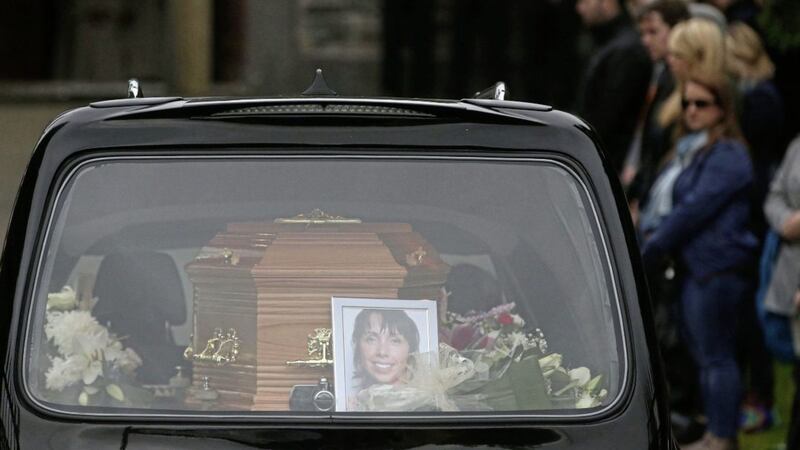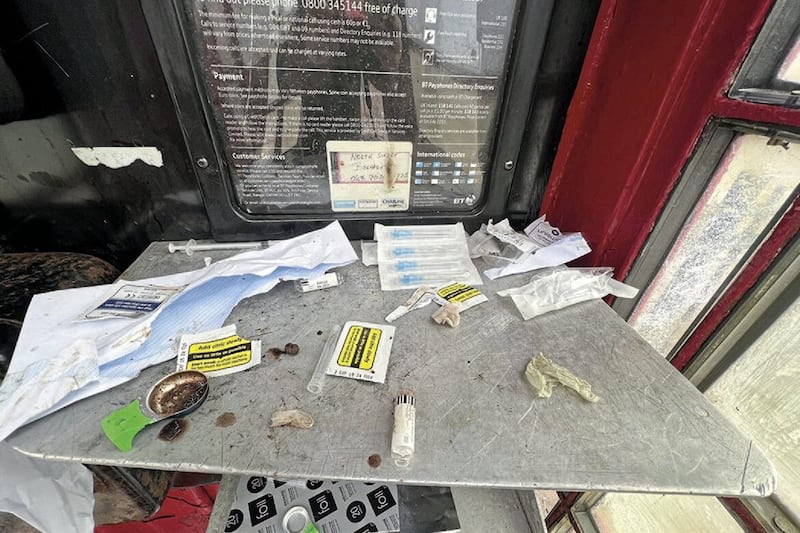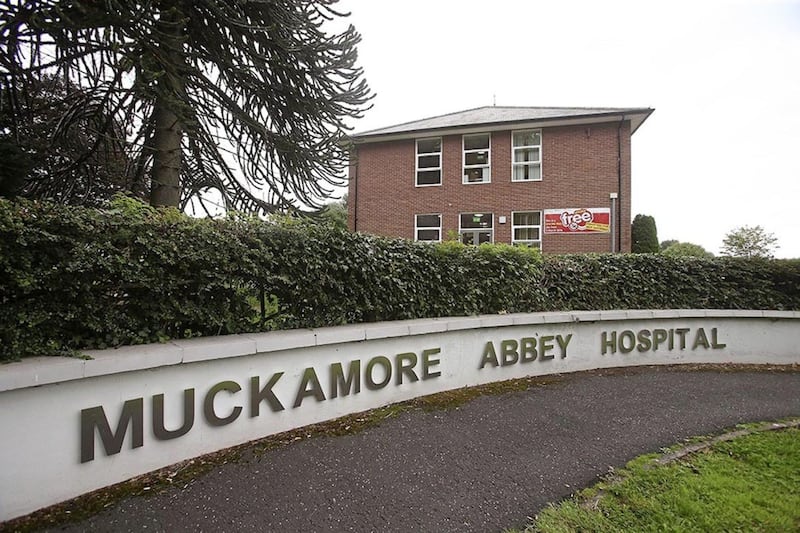THE Canadian author Margaret Atwood once asked a male friend: "Why do men feel threatened by women?"
"They're afraid women will laugh at them," he said. "Undercut their world view."
Then she asked some women students in a poetry seminar she was giving: "Why do women feel threatened by men?"
"They're afraid of being killed," they said.
In August, Clodagh Hawe's husband Alan killed her and her three sons Liam (14), Niall (11) and six-year-old Ryan at their home near Ballyjamesduff in Co Cavan in an apparent murder-suicide.
All five had been buried together but last week, at the request of Clodagh's family, Hawe's remains were exhumed so he could be cremated and the ashes given to his family.
Clodagh's younger sister Jacqueline Connolly said she now hoped the mother and sons could now rest in peace.
"I was there when it happened. And as he left the cemetery, the sun broke through the clouds and I cried with relief that he was gone," she said.
The difficult reality is that femicide - the killing of women and girls by men - continues to happen.
Clodagh was just one of 209 women in the Republic who, according to figures from Women's Aid, died violently between 1996 and 2016.
The charity said of the 209 victims, 131 women were killed in their own homes. Of the cases that have been resolved, 89 women were found to have been killed by a current or former male partner and 54 by a male relative or acquaintance. 16 children were killed along with their mothers. Just 21 women were murdered by a stranger.
Domestic violence kills women and children. In the immediate aftermath of the Hawe murders, attention was fixed on Alan Hawe. How could a deputy national school principal, a stalwart of his local GAA club, a man described as a "pillar of the community", murder his wife and children?
People who knew Hawe spoke of their shock at the killings. Even the priest who celebrated the funeral Mass for the whole family described their deaths as a "tragedy beyond our understanding".
It's understandable that when such a tragedy happens, people attempt to scramble for answers and focus on the actions of the perpetrator. Hawe's mental health was highlighted. Reports suggested he had been "stressed" ahead of a new school term. People who knew him described him as a "family man" and a "real gentleman".
Yet domestic abuse often happens behind closed doors. The perpetrator can show one face in public and another in private.
Jacqueline Connolly didn't describe Hawe as a "family man" but as a "wolf in sheep's clothing".
"Alan Hawe had fooled us all, he had everyone fooled," she said. "We had no idea what we'd been dealing with, who Clodagh and the boys had been living with."
Speaking with the benefit of hindsight, she and her mother Mary Coll decided to discuss the case to help other women who may be in a controlling relationship.
"We need to learn to recognise where dangers lie in the home, see how the desire for control can get out of control and act before it is too late," she said.
But when does control turn to violence? Ireland is still a male-dominated society where misogyny is embedded so deeply in our culture that it seems a part of life. Women have had to fight long and difficult battles to win the right to vote, the right to property, the right to equal pay.
It wasn't until the Republic's Family Home Protection Act of 1976 that women had proper rights in relation to the family home. Before this act, it was perfectly legal for a husband to mortgage or sell the family house without his wife's knowledge, let alone consent.
Perhaps one of the reasons that Clodagh's name was not prominent in news coverage at the time of her death is because Irish women, particularly in our rural areas, just don't have the same social profile as men. Women are still encouraged to be the helpmeet, the person who rears children and carries out domestic chores and cares for elderly relatives whether she works full-time or not. The person who, rather than being described as a pillar of the community, is often expected to fade into the background.
The home is still seen as a woman's domain, her rightful place. It is also the place where 131 women have been killed in the last twenty years. The Hawe case shows that when it comes to domestic abuse, there can be no complacency.
:: Women and men affected by domestic abuse can contact Women's Aid's helpline on 0808 802 1414.








